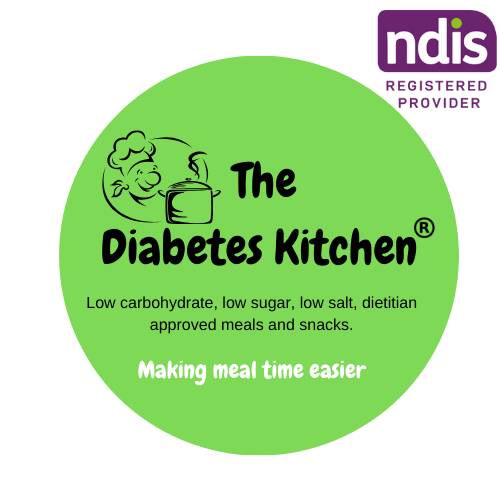Credentialled Diabetes Educators (CDE's) are qualified health professionals who can help you with your daily diabetes management. The Australian Diabetes Educator Association (ADEA) provide a credentialing program for Educator's which symbolises quality, expertise and high standards in diabetes management.
Your GP will be able to recommend in CDE in your area or you can view a list of Educator's here:
Your health fund may cover part of the cost so it's definitely worth a call to them.
A diabetes educator plays a crucial role in helping individuals with diabetes effectively manage their condition, make informed lifestyle choices, and achieve better health outcomes. Diabetes educators are typically healthcare professionals with specialized knowledge in diabetes management, including nurses, dietitians, pharmacists, and exercise physiologists. Here are some key roles and responsibilities of a diabetes educator:
-
Education and Counseling: Diabetes educators provide education and counseling to individuals with diabetes and their families. They explain the basics of diabetes, its different types (such as type 1, type 2, gestational diabetes), and the importance of blood sugar control.
-
Nutrition Guidance: Diabetes educators help individuals understand how different foods impact blood sugar levels and provide personalized guidance on meal planning, carbohydrate counting, portion control, and balanced eating.
-
Medication Management: They educate individuals about their diabetes medications, including how and when to take them, potential side effects, and interactions with other medications.
-
Blood Sugar Monitoring: Diabetes educators teach individuals how to monitor their blood sugar levels using glucose meters and explain the significance of tracking blood sugar regularly.
-
Physical Activity Recommendations: They provide recommendations for incorporating physical activity into daily routines and help individuals create exercise plans that align with their fitness levels and health goals.
-
Insulin Administration: For individuals using insulin, diabetes educators teach proper insulin administration techniques, including injection methods and insulin pump usage.
-
Self-Care Skills: Diabetes educators help individuals develop self-care skills, such as wound care, foot care, and recognizing signs of hypo- or hyperglycemia.
-
Problem-Solving and Goal Setting: They assist individuals in identifying challenges they face in managing diabetes and help them develop strategies to overcome these challenges. This can include setting realistic goals for blood sugar control and lifestyle changes.
-
Lifestyle Modification: Diabetes educators promote behavior changes that support diabetes management, such as quitting smoking, reducing stress, and improving sleep habits.
-
Monitoring Progress: They track and monitor the progress of individuals' diabetes management plans over time, adjusting strategies as needed to achieve target goals.
-
Support and Empowerment: Diabetes educators provide emotional support, address concerns, and empower individuals to take control of their diabetes management.
-
Collaboration with Healthcare Team: Diabetes educators work closely with other members of the healthcare team, such as physicians, nurses, dietitians, and pharmacists, to provide comprehensive care.
The role of a diabetes educator is tailored to the individual's specific needs, goals, and type of diabetes. By imparting knowledge, offering guidance, and fostering self-management skills, diabetes educators help individuals lead healthier lives and effectively manage their condition to prevent complications.





